Israeli Prime Minister Benjamin Netanyahu arrives in Budapest today for an official visit at the invitation of Prime Minister Viktor Orban. Over the next few days, the two leaders will hold consultations and are expected to meet several times. Netanyahu’s visit will last until Sunday and is expected to further strengthen the close political alliance between Israel and Hungary.
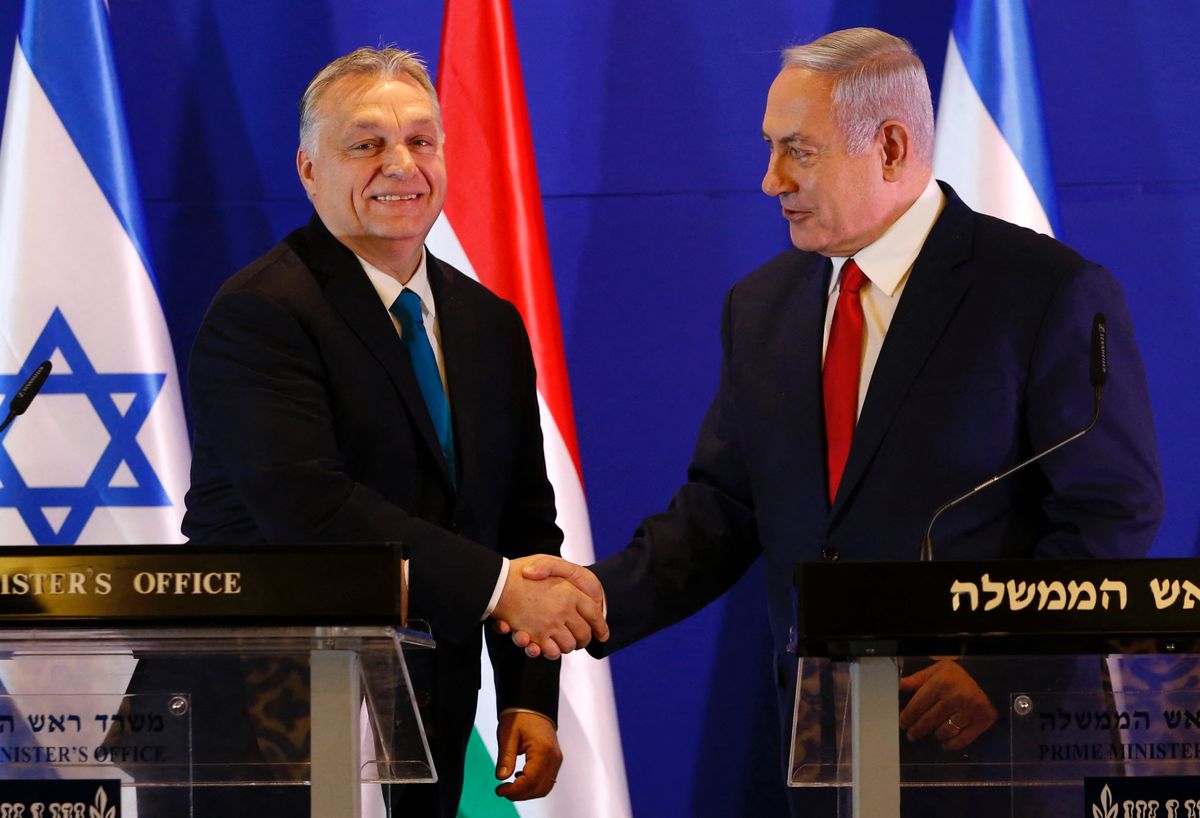
This visit is not without precedent: PM Orban invited his Israeli counterpart last November after Hungary strongly rejected the decision of the International Criminal Court (ICC), which had called for Netanyahu’s arrest due to alleged war crimes during the Gaza war. Since then, the Hungarian government has consistently supported Israeli leadership and is one of Israel’s most steadfast supporters within the European Union.
Hungary, Israel’s Close Ally
Netanyahu’s visit is not just a protocol event but another reinforcement of the political alliance between the two countries. Hungary has long supported Israel’s position at international forums and is one of Israel’s closest European allies.
Viktor Orban has previously criticized the ICC, stating that it "interfered in an ongoing conflict for political purposes.
According to Israeli media, the possible relocation of Hungary’s embassy to Jerusalem might also be on the agenda during the visit. Currently, six countries maintain embassies in Israel's capital: the United States, Guatemala, Honduras, Kosovo, Paraguay, and Papua New Guinea, and Hungary could be the next.
The visit will conclude on Sunday morning when Netanyahu’s plane is expected to depart for Tel Aviv.
Local residents are advised to monitor updates from police and Budapest's Public Transport Company (BKK ) regarding traffic restrictions in the capital.
Netanyahu also visited Hungary in 2017, when Hungary's prime minister shared a video on his social media.
Netanyahu’s Visit Will Lead to Major Traffic Disruptions
The Budapest Police Headquarters has announced that temporary traffic restrictions will be in effect from Wednesday to Sunday due to the delegation's movements. Under these so-called dynamic closures, only the sections of roads where necessary, and only for the duration required for the protected vehicles to pass, will be closed.
These partial and temporary closures will affect eight districts and cover 22 kilometers of road—less than a half percent of Budapest’s entire road network.
Starting tonight, there will be restrictions on major routes departing from Liszt Ferenc Airport and crossing through the city center, including the M0 and M3 highways, the Kos Karoly Promenade, Heroes’ Square, Andrassy Avenue, and Szechenyi Istvan Square.
In the coming days, further closures are expected around the Chain Bridge, the Castle District, Kossuth Square, and sections of Üllői Road, Bajcsy-Zsilinszky Road, the Museum Boulevard, and the Andrassy Avenue.
Budapest police has also indicated that no-parking restrictions will be in effect starting from 6 a.m. on Tuesday and will last until midnight on Sunday at various locations across the capital.
Cover photo: Israeli PM Benjamin Netanyahu izraeli miniszterelnök (Photo: AFP)
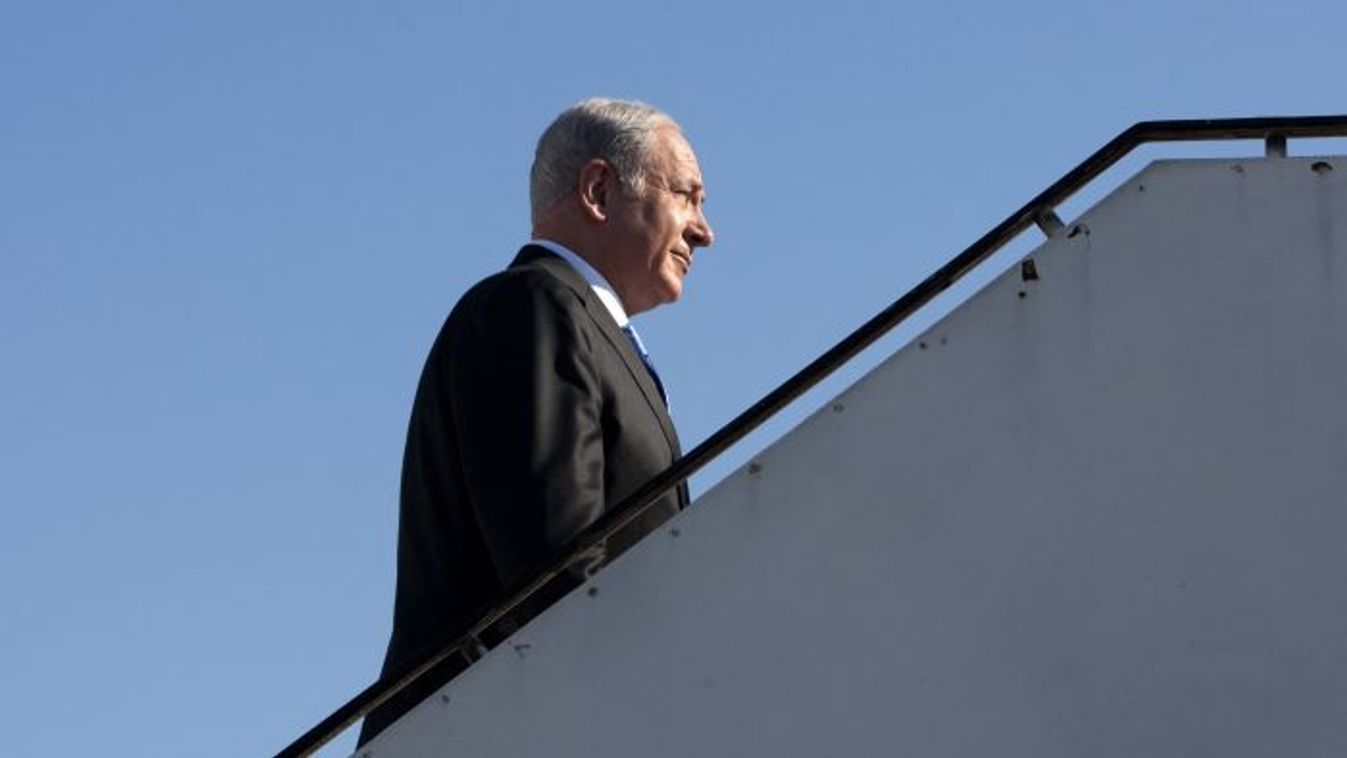
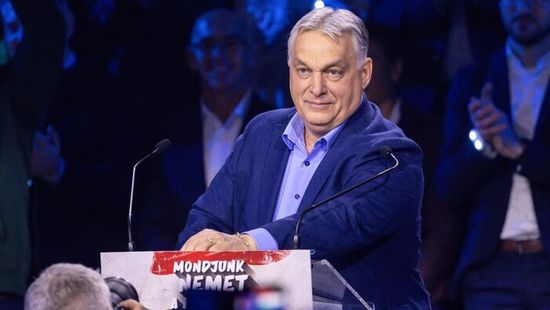
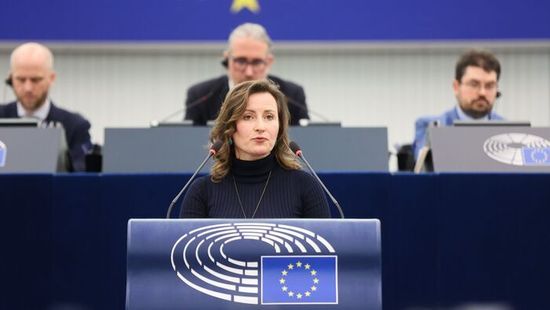
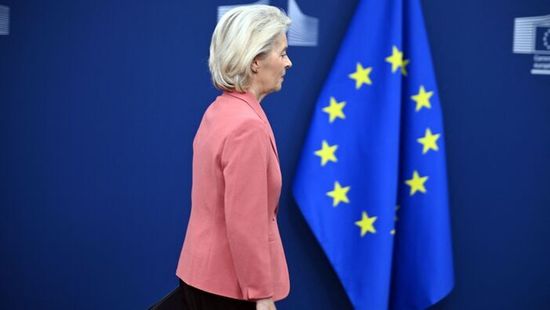
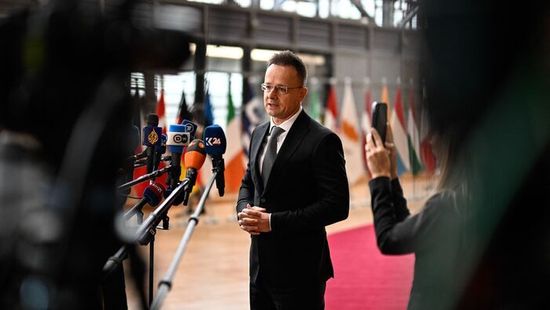

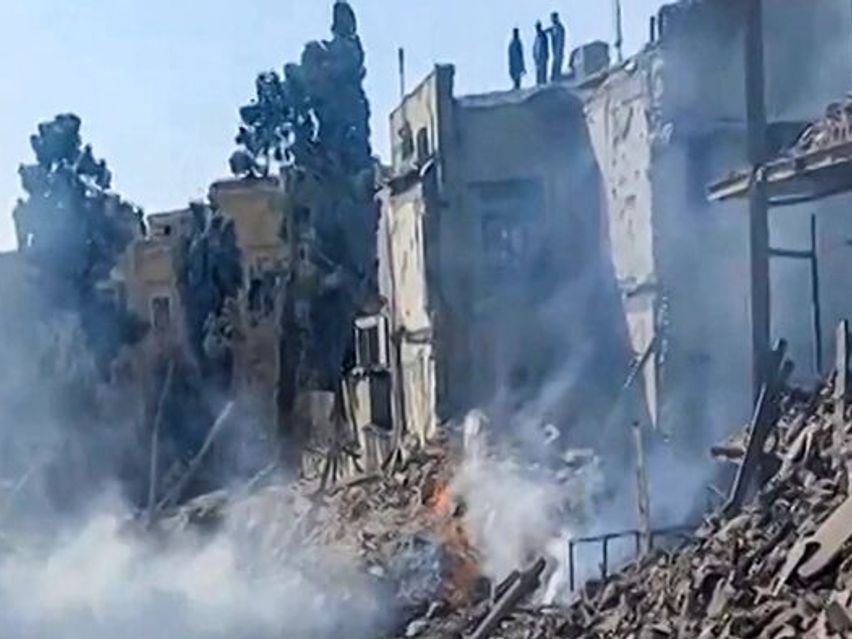
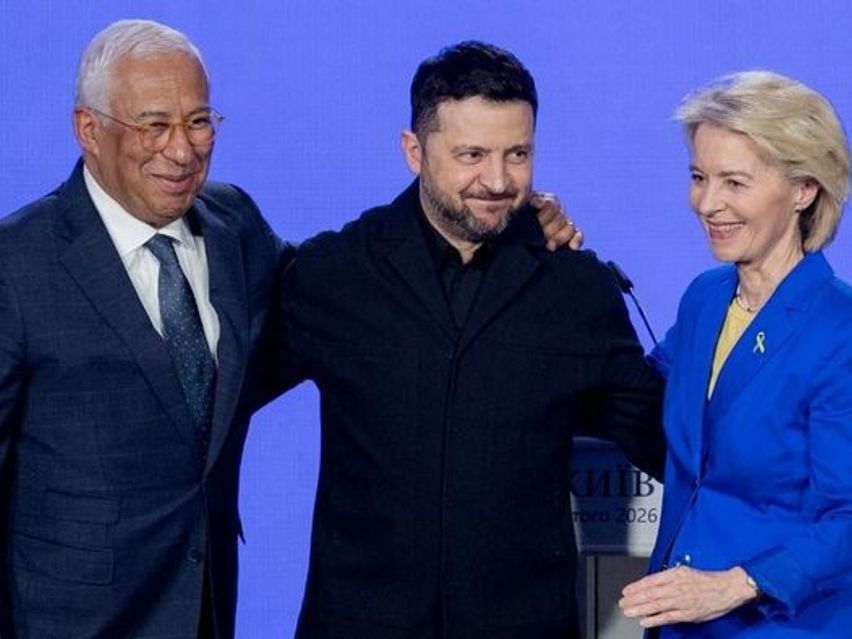
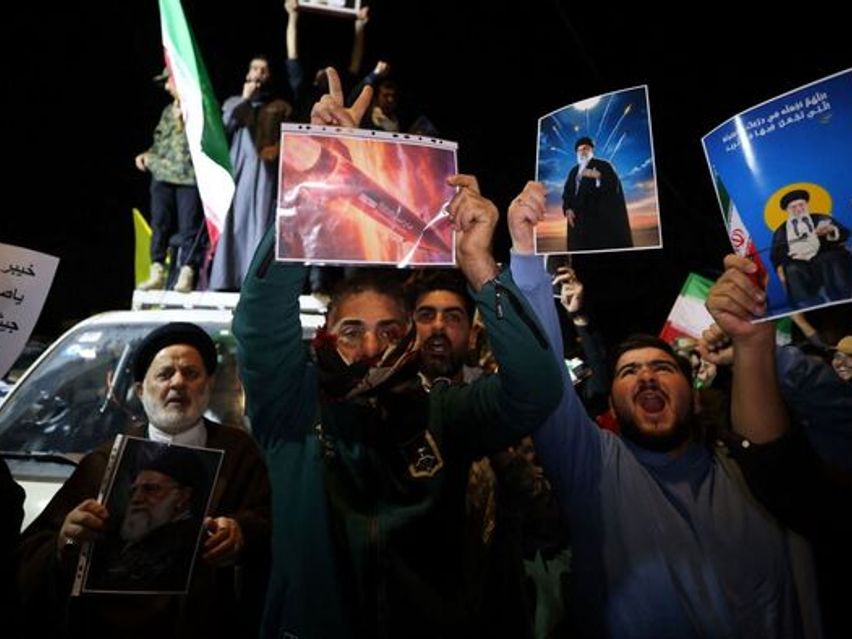
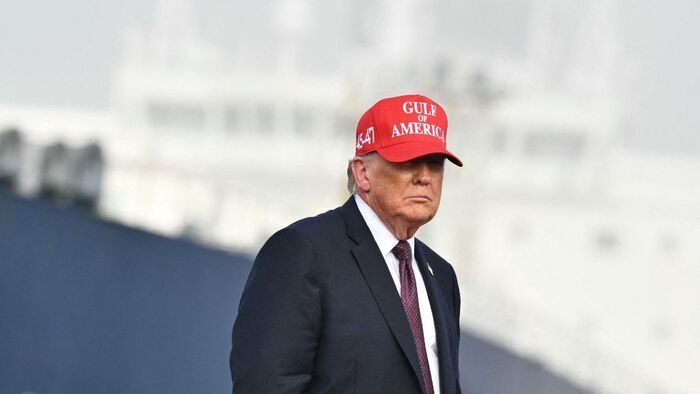

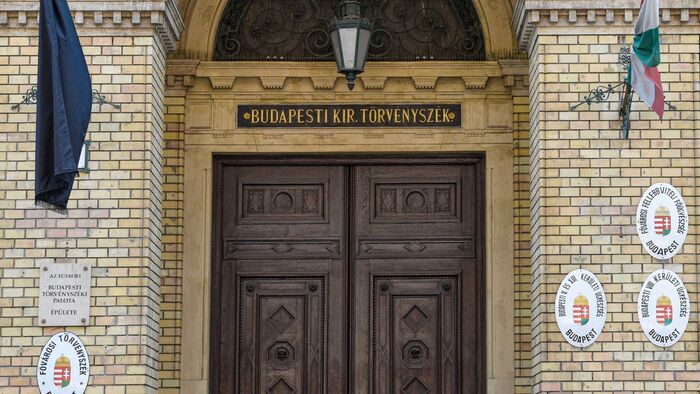


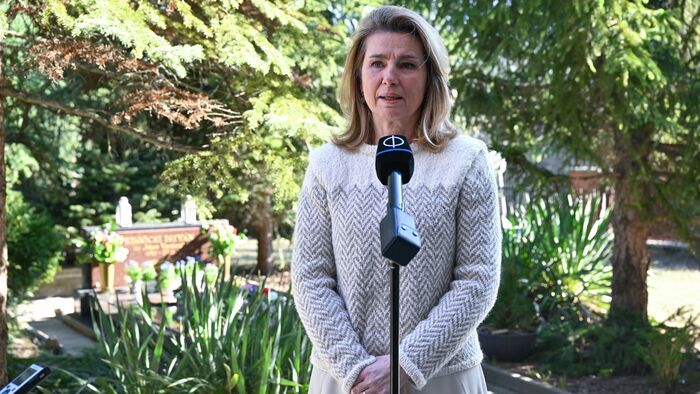
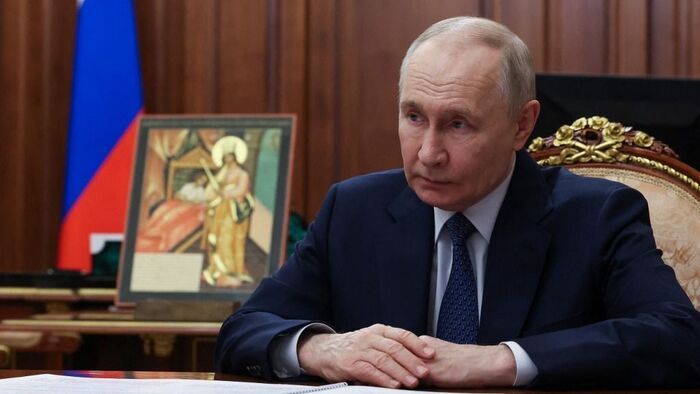
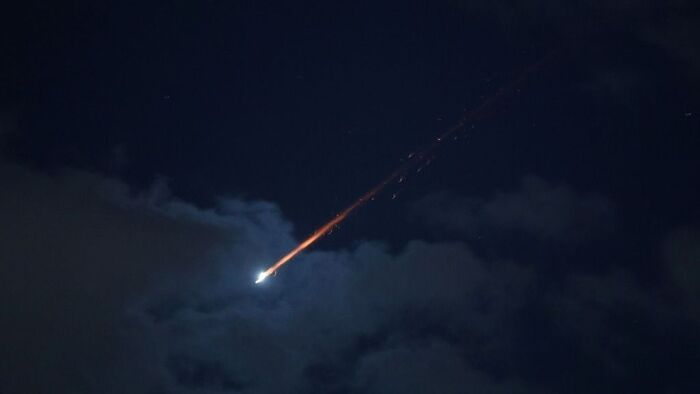
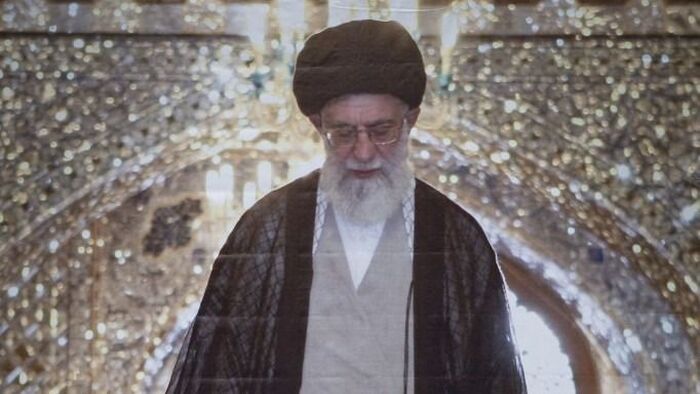





Szóljon hozzá!
Jelenleg csak a hozzászólások egy kis részét látja. Hozzászóláshoz és a további kommentek megtekintéséhez lépjen be, vagy regisztráljon!